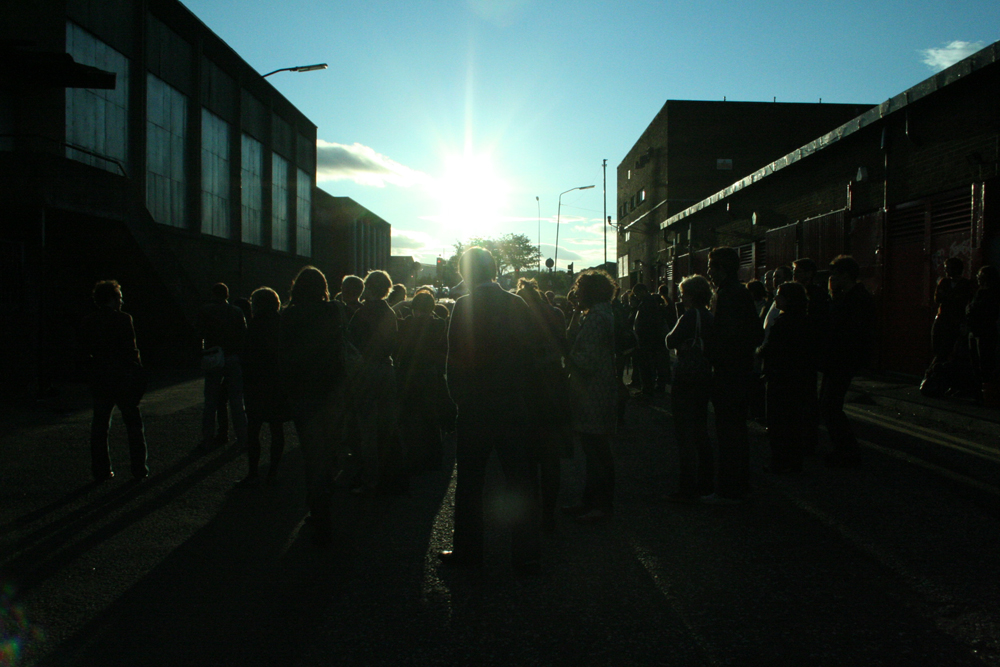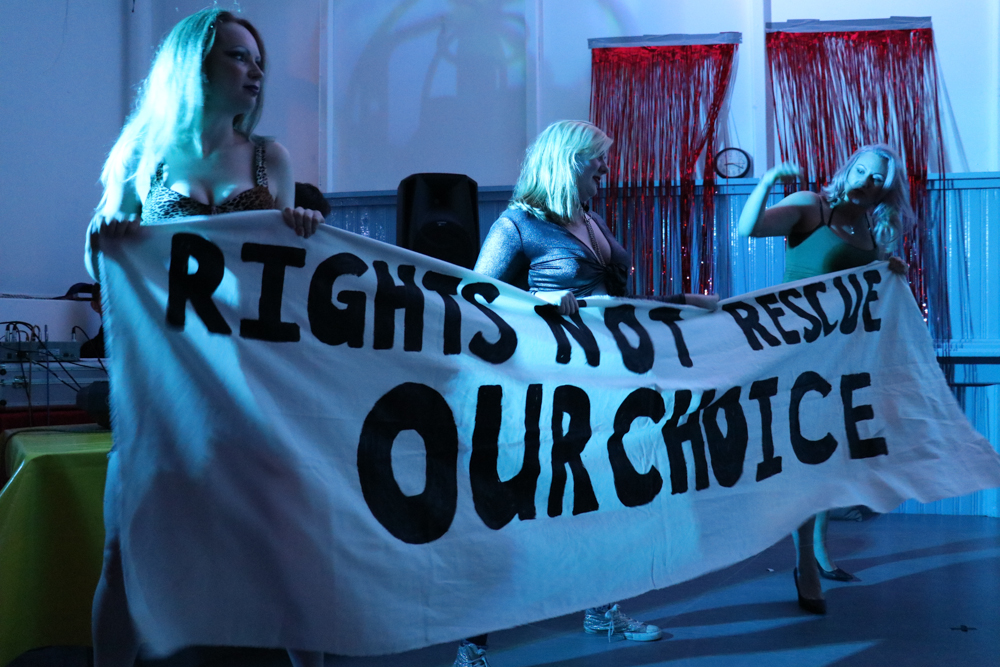
[b]reach: The Fugitive Chronicles – an open rehearsal
Gallery of the Streets Glasgow Open Dance School Kai Lumumba Barrow
The ongoing development of [b]reach, an abolitionist black queer retelling of Marge Piercy’s incredible feminist utopian novel Woman on the Edge of Time.












